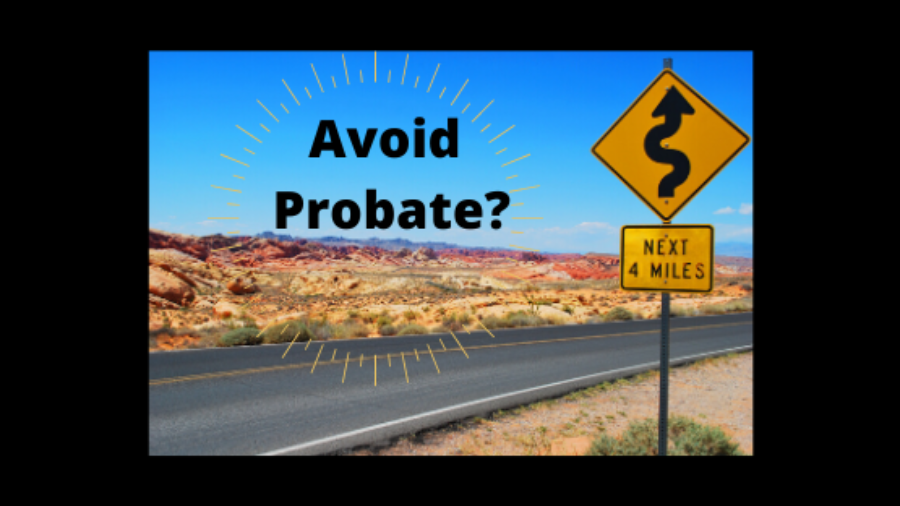Can I estate plan to avoid probate? In short, yes, there are some ways to exclude assets from probate.
What is Probate?
Probate refers to the legal process for distributing the assets of a deceased person, and often requires the assistance of an attorney and a court proceeding. Not only does probate come with a cost, court proceedings are a matter of public record. Privacy is also a driving factor in avoiding probate. Some of the below methods provide for the the transfer of assets without any public disclosures.
Here are a few estate planning methods for probate avoidance in Texas:
- Living Trust—In Texas, a fully funded Living Trust could potentially avoid the probate process. Any assets transferred to the trust can be administered and distributed according to the terms of the trust, even after the creator of the trust dies, and without the need for a court proceeding.
- Lifetime Gifting—Why wait until you die? You can transfer your assets during lifetime as a gift, and once that transfer is completed, the assets are not subject to probate. Gifting is also a great way to plan around potential estate taxes because certain lifetime gifts are excluded from the federal estate gift tax.
- Payable on Death accounts—Many financial institutions offer checking, savings, and brokerage accounts with a payable on death option. This is a contract between you and the financial institution that tells them who to pay the account balance to upon your death. The person you designate as the beneficiary of the account has no right to access account funds during lifetime. However, caution should be exercised here. Financial institutions often include terms in their depository agreements that give them the option to apply account balances at death to unpaid fees or even loan balances before distributing any funds to your designated beneficiary. Additionally, these account funds could be subject to garnishment for the payment of funeral expenses.
- Beneficiary Designation(s)—This method allows you to designate a beneficiary of the proceeds of a life insurance policy, or funds saved in a retirement account, upon your death.
- Transfer on Death Deed (TODD)—this is a Deed that providers for the transfer of real estate upon the death of the owner. If the deed is properly drafted, executed, and recorded in the deed records prior to death, the real estate will transfer to the beneficiary designated on the deed without the need for probate.
- “Ladybird” Deed—This is a Deed similar to a Transfer on Death Deed, because the effect of this deed is to transfer real estate to a person named on the deed without the need for probate. Users of this method should also proceed with caution and consult an estate planning attorney because this method has no statutory basis.
- Affidavit of Heirship—This method is used after a person dies, usually by the heirs of the deceased person’s estate during a real estate sales transaction in which all parties are agreed. An Affidavit of Heirship simply documents facts concerning the identity of the deceased person and his or her heirs and is filed in the deed records.
Plan for Avoiding Probate
As the saying goes, “the best laid plans of mice and men often go awry”, and engaging in self-help to avoid probate is no exception. Consult an estate planning attorney or probate attorney if you have any concerns about the probate process. Most of the time, probate cannot be avoided. Too often people leave behind assets that they neglect to plan for and most of the above-listed methods require careful, advance planning. Additionally, financial institutions prefer to act under court documents that appoint someone to act on behalf of the estate.
However, probate complications can be mitigated with careful estate planning. Moreover, probate can be a great tool for dealing with the debts a person leaves behind and should be carefully considered anytime someone dies with substantial debt.
If you have questions about estate planning to avoid probate here in the Dallas, Plano, McKinney, Frisco, Allen, & Prosper area, contact me to discuss further. In addition to in-person consultations, I am also available by teleconference and videoconference.
